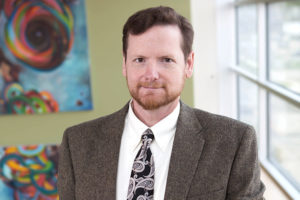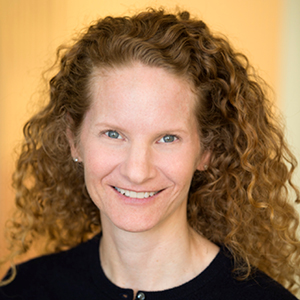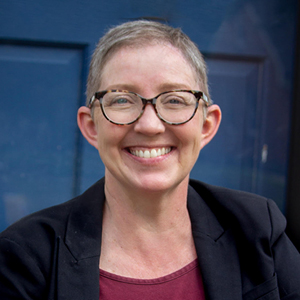In Their Own Words: Four Next Gen Donors Reflect on 2020
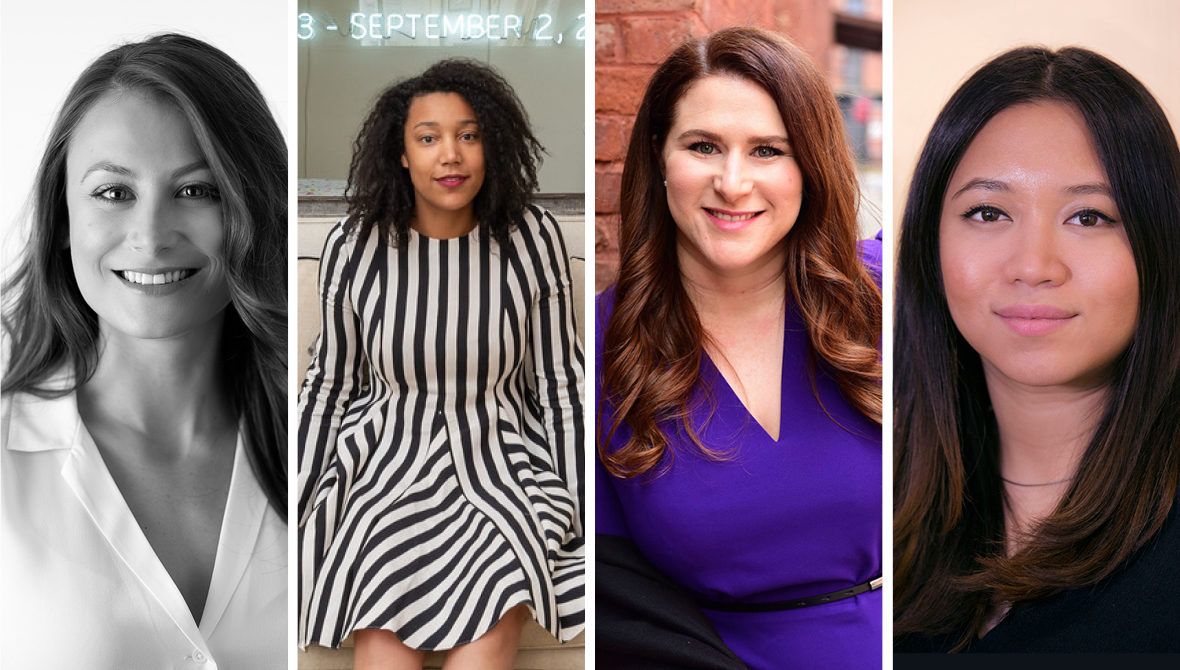

All sorts of donors responded in all sorts of ways to the many crises of 2020. Because next gen donors — those under 50 with an historic capacity to fund change and revamp giving — are such a significant group, it is essential that we track closely what they did… and how these new or ongoing approaches might affect their future work.
In a previous blog, we summarized the findings from a national survey fielded last summer that asked over 100 next gen donors about their responses. In this blog, four of those donors give us more detail about how 2020 affected them and how they, their peers, and their families tried to step up and help.
Meet the four donors featured below:
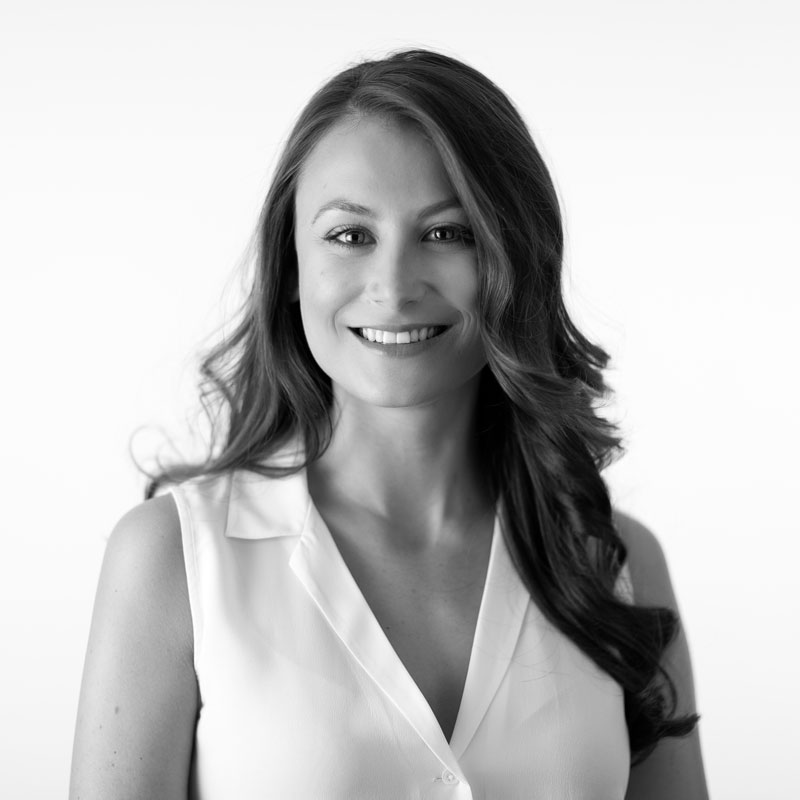
Sara: It would be hard to pinpoint a specific item that was consuming my sleeping hours, but I can say that it never really ebbed and flowed, it was just constant. I was deeply committed to the final stages of producing a documentary on maternal health (“Born Free”), and how it notably disproportionately affects BIPOC [Black, Indigenous, and People of Color] communities. What the year has shown me, however, is that there is continued power in activism even from home and that we have now uncovered ways to do so and build stronger movements and sense of community.
Andine: The pandemic and racial reckoning of the U.S. has caused me to look deeper into the privileges, opportunities, and resources that I have inherited — to be safe, healthy, and to have the capital to contribute to communities in need. As an Indonesian-American, who did not grow up in the U.S., I learned about this country’s history of slavery, forced migration, internment camps, and the discrimination and marginalization of immigrants who came to this country with the hopes of achieving the American Dream. I also began learning about the way we identify as individuals and view each other as worthy (or unworthy) citizens of this nation. Confronting my privilege and learning about the history of this country has been hard and humbling. It’s changed the way I interact with my peers, colleagues, and communities I support. I check my biases and my assumptions about people and the situations I’m in, in part by using the mental technique of “flip it to test it.”
Victoria: I was kept up at night thinking through the role cultural institutions did and could have in either supporting or dismantling systems of white supremacy.
Joya: The issue about which I have agonized most is viral misinformation and disinformation, especially misinformation campaigns about COVID and the election. Unlike other issues I’ve grappled with over the past year — such as getting essential food and protective supplies to families in need, where tangible difference can be made in individuals’ lives — only structural changes can begin to address misinformation.
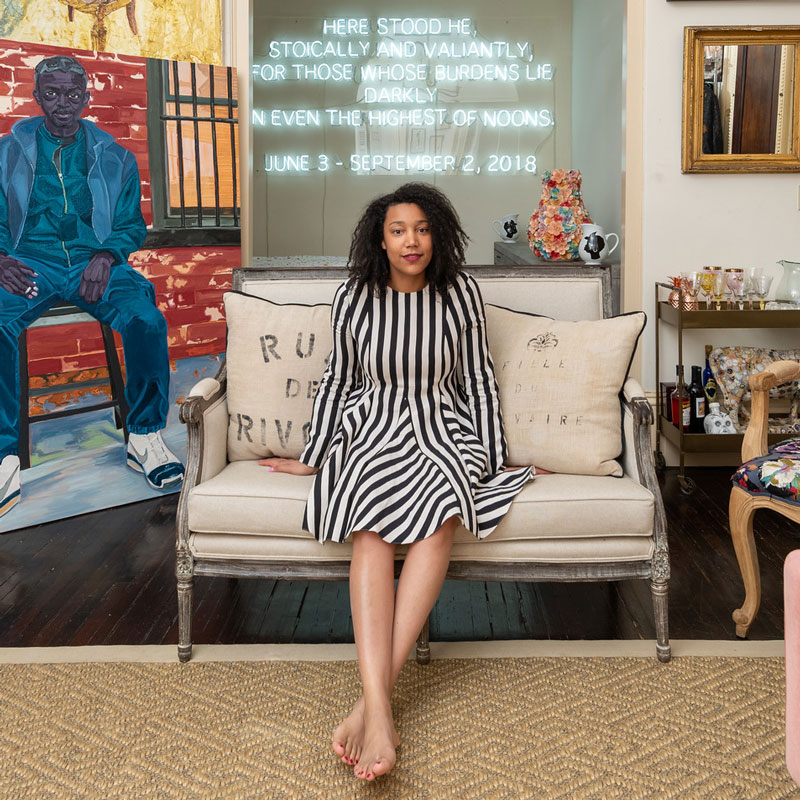
Victoria: I joined the Brooklyn Museum’s Diversity, Equity, Inclusion, and Access committee as co-chair. Together with the staff, other board leaders, and senior leadership, we took a careful look at our current practices, envisioned what we could do better, and took concrete steps to implement our growing vision for the museum. I also was part of the founding team of the Black Trustees Alliance for Art Museums, a national organization funded by the Ford Foundation to make our arts institutions more equitable and excellent spaces of cultural engagement.
Joya: I coordinated my nuclear family’s emergency coronavirus support for existing grantees providing essential services (e.g., medical, shelter, food, direct cash stipends, workforce development), additional first-line service providers (especially community-based organizations in and around New York), and efforts to ensure that the 2020 census and election proceeded in a safe and secure manner. Our extended family foundation prioritized supporting existing grantees. We reached out to and had conversations with all existing grantees to understand how they were experiencing the many crises of 2020. We unrestricted existing 2020 grants and postponed or loosened some reporting requirements. We also invited some grantees providing essential COVID-related or economic support services to communities to apply for renewed funding early.
Andine: Personally, I invested most of my time, talent, and treasure in the Asian Women Giving Circle. We spent last summer communicating with our grantees about how we will shift our reporting structure and relaying our flexibility due to the pandemic. I became more aware of the dire need for nonprofits to have financial liquidity and stability. So instead of giving my gifts in one go, I made arrangements with the other equity-focused organizations I support for my contributions to be drawn down in monthly increments (I think of it as a reoccurring expense similar to my subscription to Netflix or Spotify!). I’ve spent more time (virtually!) having conversations with my family in terms of how we are responding to the pandemic back home in Indonesia. For example, our family helped initiate and promote a floating hospital, Ksatria Airlangga, which sails to remote islands to bring medical personnel and services to communities that don’t have access to proper treatment. I’ve also had more conversations about mortality and succession planning in 2020 than ever before. As the oldest of the third generation and the only woman in a matrilineal family, I’ve been the only one that has been involved in these conversations and we look forward to engaging others in G3 to help with the work and progress that we are taking on.
Sara: In the initial stages of COVID, my family (siblings, parents, and I) made an effort to give to nonprofit organizations that need operational support since many of their committed donations were no longer being given. We made more investments in our community and local organizations that were in need of immediate relief. In regards to systemic racism, I continued in the lane that I have been involved in for a decade: maternal health. I worked closely with fellow doulas and birth workers (ties) to raise funds and support, and to provide funding (treasure) for black student midwives, and to help the BIPOC birthing community.
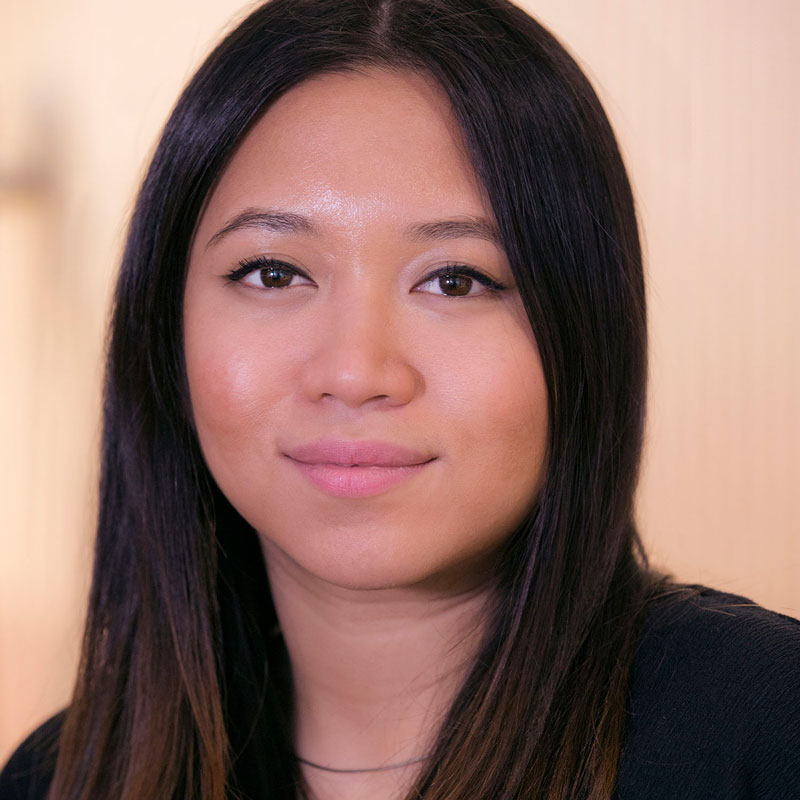
Andine: In the height of police brutality, the Black Lives Matter movement, and Anti-Asian sentiments in this country, I’ve made it my personal mission to be in dialogue with my family and friends to share knowledge around these issues. Moreover, my consumer choices have always been values-aligned and it has only intensified. It’s always important for me to support women of color-owned businesses, employees, teachers, service providers, etc. Lastly, when it comes to investment or business decisions, I learned that disaster or pandemic relief should be considered part of risk management. I continue having conversations with my family about this and work to integrate our lessons learned into our businesses and impact-focused initiatives.
Joya: In the run up to the election, I focused nearly full-time on building my own expertise in ways to support a healthy democracy. I used what I learned about what financial vehicles can be used to support what types of work, key players in the democracy space, and sub-issues (security, administration, etc.) to conduct overview sessions and make recommendations to other funders including members of my own family, family friends, and next-gen funders I know. In 2020 many members of the family increased partisan giving while also supporting groups focused on election administration — the non-sexy but essential work that ensures that people can actually cast their ballots. I also participated in a months-long learning cohort about the history and nuances of white supremacy and opportunities for meaningful change in racial inequality and combating white supremacy and antisemitism.
Sara: My investments and consumer choices were already geared towards being socially responsible. I have, however, made an effort to support more small businesses in my community. I have hosted Zoom calls to discuss what is going on with people from varied ethnicities and backgrounds. Learning from one another about how we are affected so differently has allowed us to work better towards a solution.
Victoria: I’m currently in graduate school, remote because of the pandemic. Because of this, I was able to move to Philadelphia for the month leading up to the 2020 presidential election and volunteer my time when I was not in class.
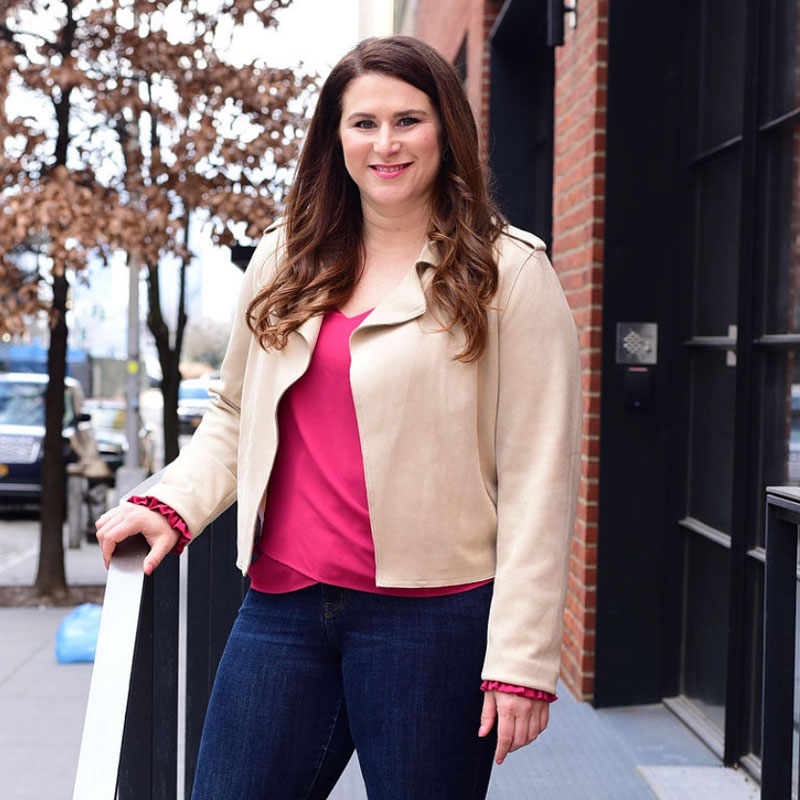
Joya: My family is already starting to pivot and invest more broadly in supporting a healthy democracy because all of our other issues like sustainable agriculture, workforce development, economic instability, education, etc., can only be successful with functioning and responsive local, state, and federal government and an engaged citizenry.
Victoria: The last year has challenged us all to be open to change and to take advantage of the opportunity it provides us to rebuild the world as we aspire it to be.
Sara: I think I am less overwhelmed by the idea of a “big” problem. The way people and communities have come together has inspired me to face these big problems head on and tackle change with my peers. I am more inclined to build a bigger community of young donors and see how we can be catalysts for change. I think we will be more likely to make riskier grants in hopes that they are the catalyst for solving a greater problem, while also continuing to focus on more immediate changes within our respective communities.
Andine: I’ve learned that being responsive does not necessarily mean that you’re not strategic. I’ve begun setting aside funds just for responsive giving so that if this happens again, I’ll be prepared. I’ve always given to equity-focused initiatives and I look forward to being more aware of the intersections at play on health, race, and gender. Lastly and truthfully, I’ve grappled quite a bit with how much I want to use my voice and share my giving journey. My family has always taught me the importance of humility and not to flaunt or speak too publicly about — as my mother says — “our good doings.” But, if what I’m sharing today can encourage other next gen women of color to explore their family story and inspire them to contribute to positive, just, and equitable change for themselves, their families, and their communities through philanthropy, then it’s worth doing and this is a great place to start.
